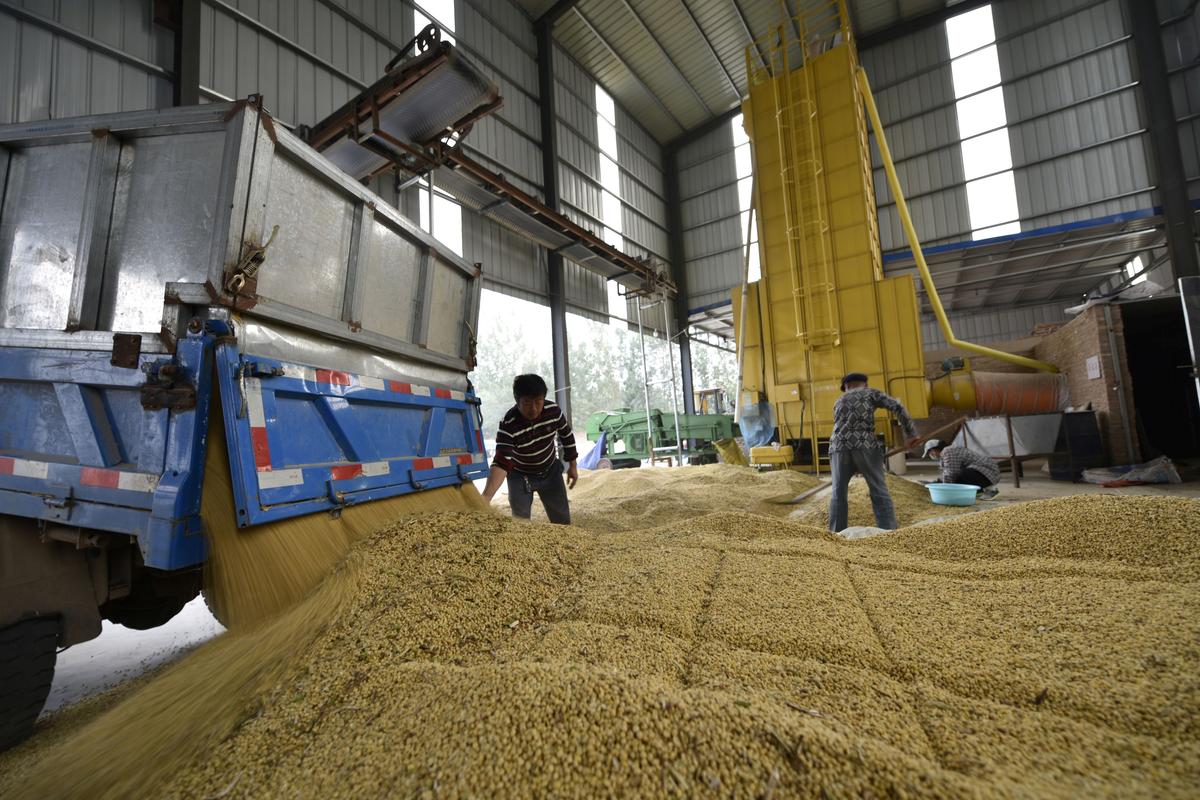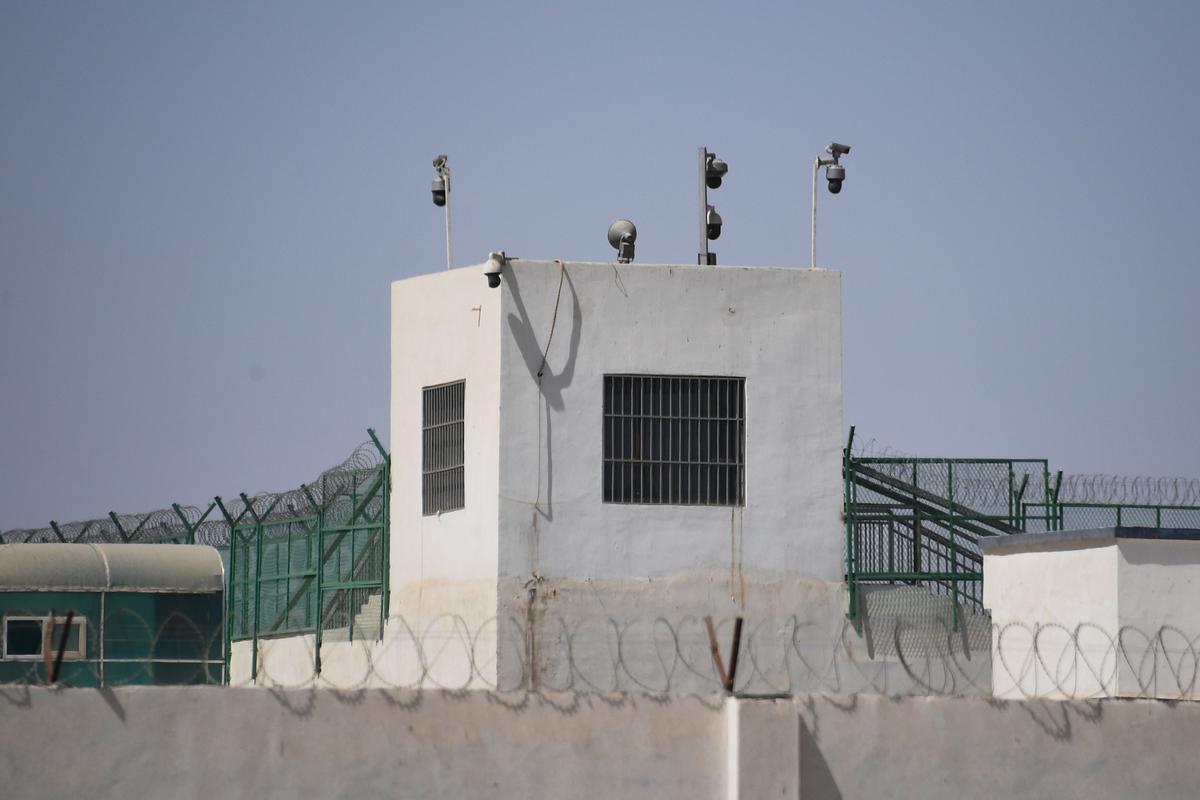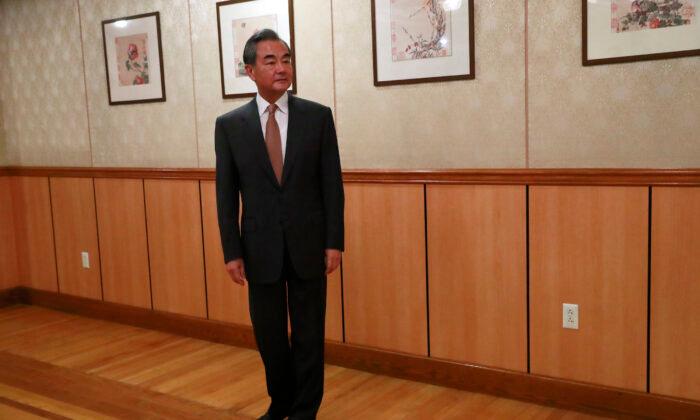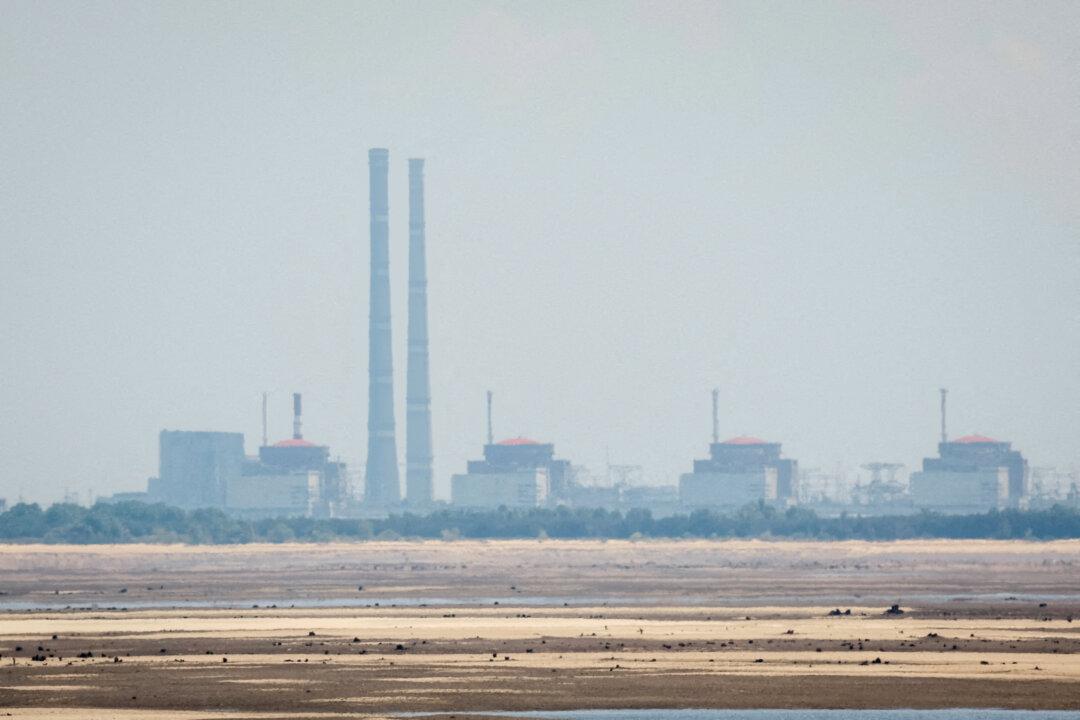NEW YORK–China’s top diplomat said on Sept. 26 that China was willing to buy more U.S. products.
Wang Yi, China’s state councillor and foreign minister, said in response to questions from Reuters that the Trump administration had shown goodwill by waiving tariffs on many Chinese products.
“And so, (on) the Chinese side, we are willing to buy more products that are needed by the Chinese market,” Wang said on the sidelines of the United Nations General Assembly’s annual gathering of world leaders.
The United States and China are preparing for another round of high-level trade talks in early October in Washington to try to find a way out of their nearly 15-month trade war.
CNBC reported on Thursday that the talks are scheduled for Oct. 10-11 in Washington, citing people familiar with the arrangements.
The U.S. Trade Representative’s office did not respond to queries about the dates, which are well after celebrations in Beijing for the 70th anniversary of the founding of the People’s Republic of China on Oct. 1.
After two years of wrangling over U.S. demands that China make sweeping changes to protect and end the theft and forced transfer of U.S. intellectual property, the world’s two largest economies have heaped hundreds of billions of dollars in tariffs on each other’s products.
Trump on Wednesday said that a trade deal with China could come sooner than people think, and praised the Chinese purchases.
In his speech to the annual gathering of world leaders on Tuesday, Trump issued a stinging rebuke of China’s trade practices and state-led development model. He said that he would not accept a “bad deal.”
Chinese importers last week purchased about 600,000 tonnes of U.S. soybeans, or about 10 shiploads, a market analyst said. These could soon grow to 6 million tonnes after new tariff waivers were issued by China, said Li Qiang, chief analyst at Shanghai JC Intelligence Co. Ltd.

China purchased about 32 million tonnes of American soybeans in 2017 before imposing retaliatory tariffs last year.
“I would say that mood music, if you will, is very positive going into the negotiations,” White House economic adviser Larry Kudlow said on Fox Business Network.
When asked by Reuters if U.S. criticism of China’s policies on Muslim minority Uyghurs in Xinjiang and Hong Kong political protests could affect trade talks, Wang said: “We hope trade talks can have a loose and good foreign environment.”
China has been widely condemned for setting up complexes in Xinjiang that it describes as “vocational training centers” to stamp out extremism. The United Nations says at least 1 million ethnic Uyghurs and other Muslims have been detained.

Trump called for an end to religious persecution on Monday at a U.S. event on the sidelines of the annual U.N. gathering, which featured a woman whose Uyghur father, a scholar, has been imprisoned in China.
The United States led more than 30 countries in condemning what it called China’s “horrific campaign of repression” against Muslims in Xinjiang at a second event on Tuesday.
Months of sometimes violent demonstrations show no sign of letting up in Hong Kong where protesters are angry about what they see as creeping interference by Beijing in their city’s affairs despite a promise of autonomy.
A senior U.S. State Department official said that a firm U.S. stance on human rights in Hong Kong and Xinjiang should not interfere with trade talks.
“We can walk and chew gum, we can maintain our principal-based position on these things while at the same time working out an agreement that addresses the interests of both sides” on trade, the official said.






Friends Read Free